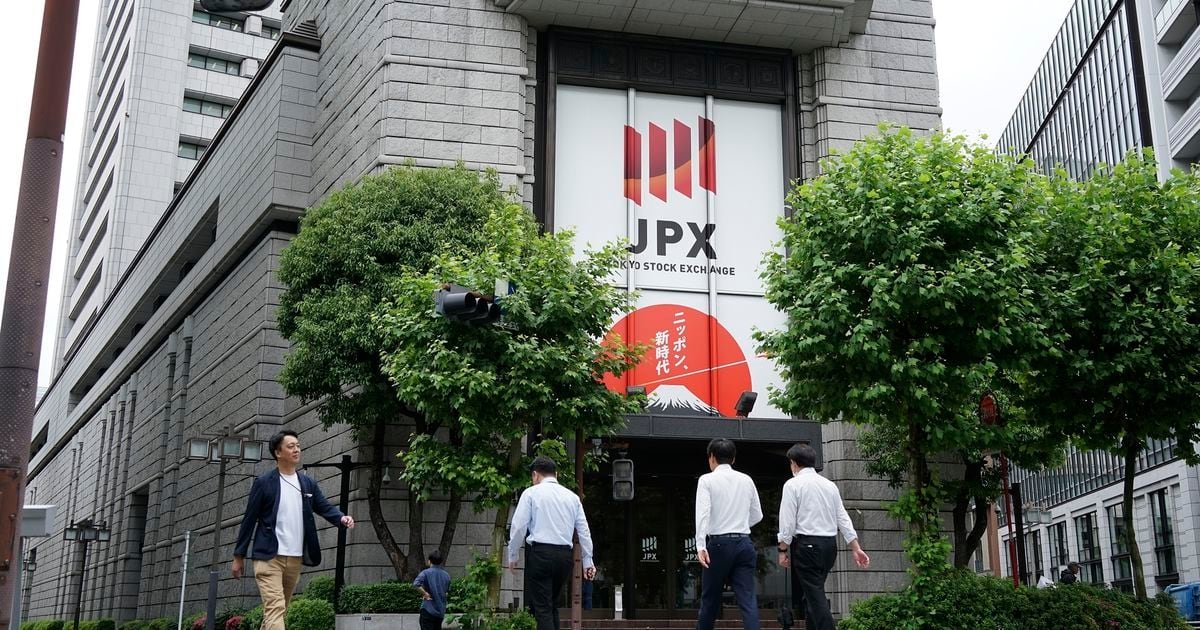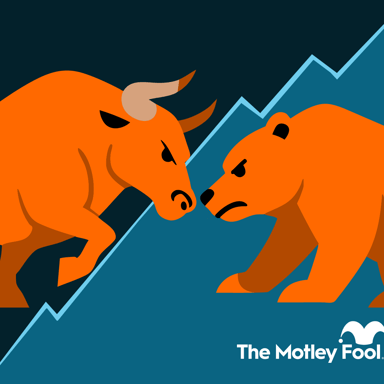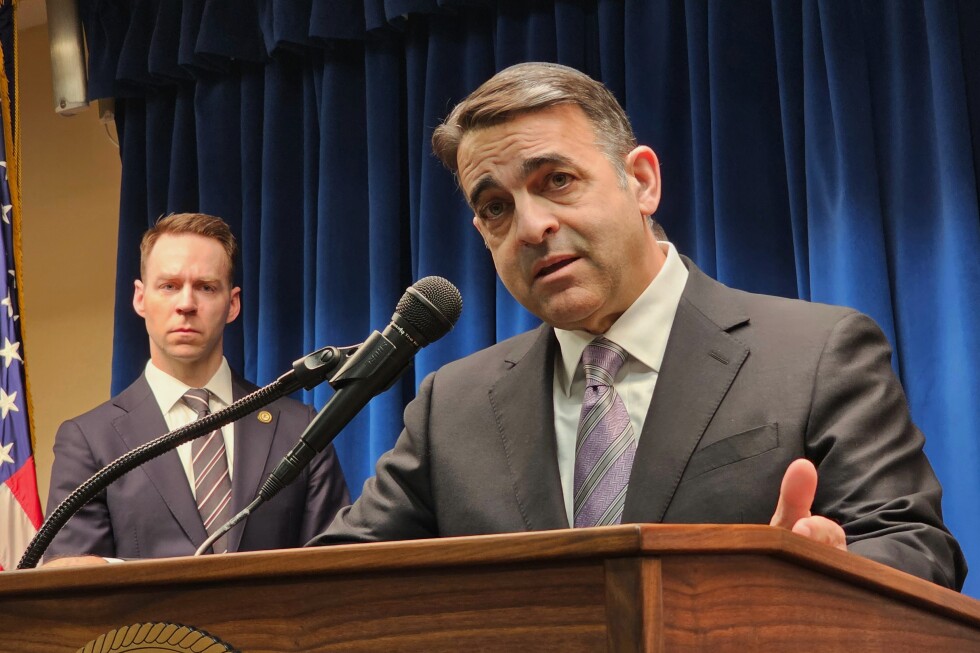Germany’s DAX rose 0.% to 18,704.36 and the CAC 40 in Paris climbed 0.5% to 7,485.77. In London, the FTSE 100 surged 0.7% to 8,338.42.
The futures for the S&P 500 and the Dow Jones Industrial Average edged 0.2% higher.
In Asian trading, Tokyo’s Nikkei index fell 1% to 36,203.22 and the Hang Seng in Hong Kong advanced 1.4% to 17,660.02.
Markets in mainland China and South Korea were closed.
Australia’s S&P/ASX 200 gained 0.2% to 8,140.90.
Markets have been eagerly awaiting the decision by the Fed, which is expected to cut its key rate for the first time in more than four years after keeping rates high to tamp down inflation. The main question is how much relief for the economy the Fed will deliver.
“The warning is that markets steeped in rich policy expectations are ripe for volatility,” Mizuho Bank said in a commentary. “Accordingly, it may be best to be braced for (policy) curveballs that could potentially force market re-pricing.”
On Monday, the Dow rose 0.6% to surpass its prior all-time high set a few weeks ago. It closed at 41,622.08.
The S&P 500 index, which is much more comprehensive and widely followed on Wall Street, ticked up by 0.1%, ending at 5,633.09.
The Nasdaq composite slipped 0.5% to 17,592.13 as big technology stocks and other market superstars gave back a bit of their big gains from recent years.
Most stocks rose, and Oracle’s 5.1% gain helped lead the market. The software company continued a strong run that began last week with a better-than-expected profit report.
Traders are shifting bets toward a larger-than-usual rate cut by the Fed of half a percentage point, according to data from CME Group. The difference between a half-point cut and a quarter may sound academic, but it can have far-ranging effects. Lower rates relieve pressure on the economy, but they can also fuel inflation.
Inflation has eased substantially from its peak two summers ago, and the Fed has said it can now focus on supporting the slowing job market and economy. Some critics say it may be moving too late, increasing the risk of a possible recession.
In other dealings, the dollar fell to 140.56 Japanese yen from 140.61 yen. The yen has strengthened against teh dollar with expectations that the Bank of Japan will persist in raising rates after keeping them near zero for years, although it is expected to stand pat at its policy meeting this week.
“The Bank of Japan’s upcoming policy meeting is expected to reaffirm its commitment to gradual rate hikes, which could further bolster the yen soon,” Luca Santos, currency analyst at ACY Securities, said in a commentary.
The euro rose to $1.1140 from $1.1135.
U.S. benchmark crude oil rose 10 cents to $70.20 a barrel. Brent crude, the international standard, shed 2 cents to $72.73 a barrel.
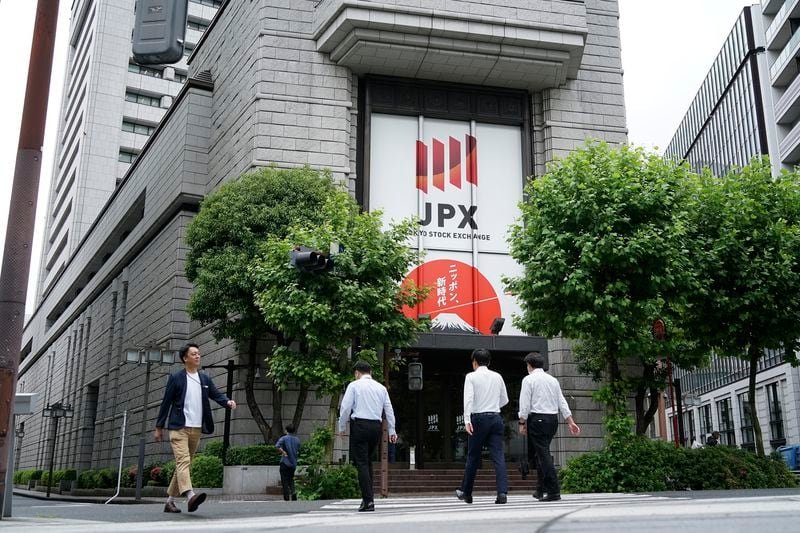
Credit: AP
Credit: AP
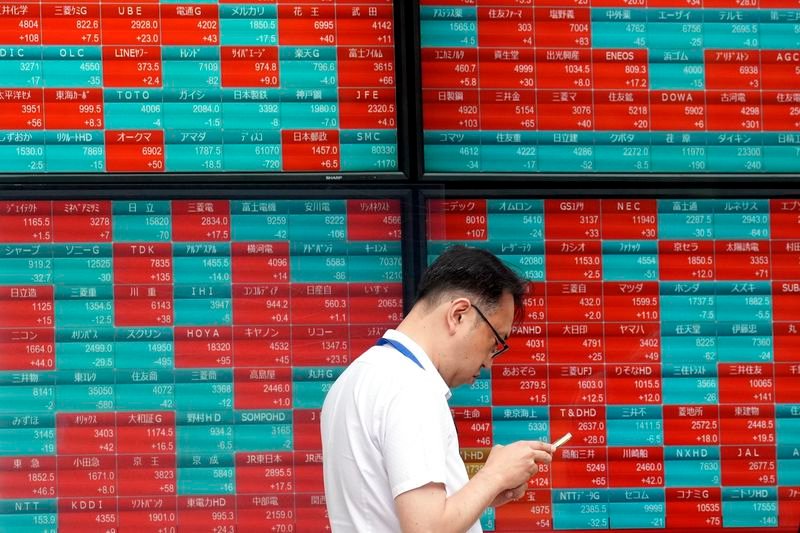
Credit: AP
Credit: AP
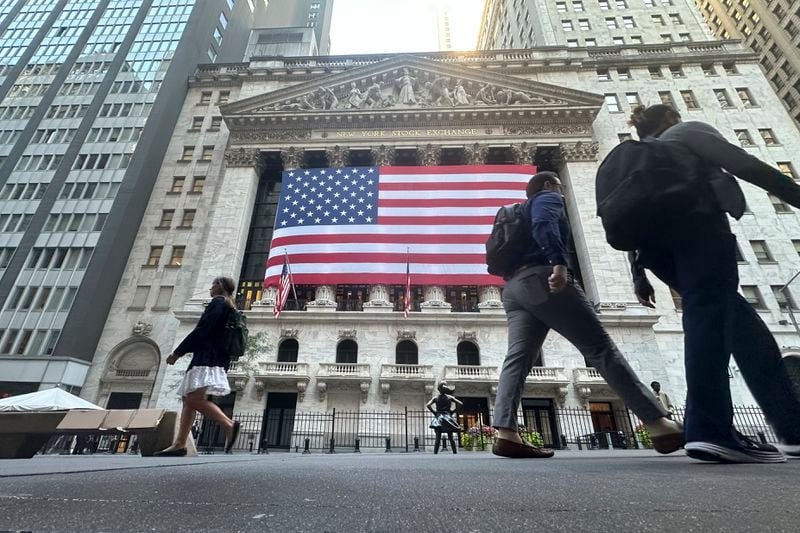
Credit: AP
Credit: AP

